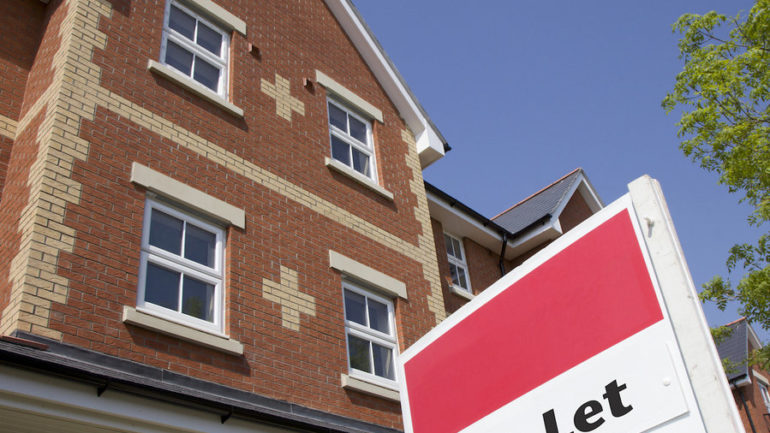How to get all your tenancy deposit back from your UK Landlord

- Posted by carpaedu
- Posted in Blog, Success Tips
What to do before you finish your tenancy
Clean
You should clean your property to the highest quality possible or your landlord could deduct money from your deposit to get a professional to clean it instead.
Here is a list of some areas your landlord is likely to want you to clean before you leave:
-
Oven
-
Fridge
-
Skirting boards
-
Corners of rooms
-
Limescale around bath/shower
If you cannot clean to the standard your landlord expects, or simply do not want to, then you could pay for a professional cleaner to come in and do it for you.
This may cost less than if your landlord was to pay for a professional, and it will save you time and money on cleaning products.
Some tenancy agreements will stipulate that you need to get your property cleaned by a professional, even if you think you could do a good job yourself.
Repair and replace
If something is damaged or broken in your property and you had not told your landlord, you will need to replace or repair it before you move out, or risk having the cost deducted from your deposit.
This can include;
-
Chipped/damaged furniture
-
Ripped sofas
-
Cracked mirrors
Avoid surprise repair charges by checking for any damage before you move out.
Painting and decorating
Whether you agreed it with your landlord or kept it a secret and decorated the property anyway, you need to return the appearance of the property back to the way it looked when you moved in.
This could mean anything from painting to patching up holes in walls.
Use the property inventory if you were given one at that start of your tenancy as a blueprint for getting the property back to its original appearance.
What else can affect your deposit ?
Poor decorating
Avoid painting yourself if you do not honestly believe you can do a professional job, or your landlord could charge you the cost of repainting the entire property if needed.
Common painting mishaps include leaving paint splats and marks on the floor, on doors and skirting boards.
Not paying full rent
Your landlord is allowed to take money from your deposit to recoup any lost money caused by you not paying rent or inclusive bills at the end of your tenancy.
Make sure you pay everything on time and contact your bill providers to arrange a final payment before you leave.
Can you dispute any deductions?
If your landlord raises issues and charges you for small things, check your them against your tenancy agreement and inventory.
If the property matches the description given in these documents, then you may have cause to dispute any deductions on your deposit.
How to raise a dispute
You should start by sending a letter to your landlord explaining that you had left the property in a good condition and paid your rent fully, you can use this letter template to help you.
If you do not hear anything back after 10 days, you could begin a court case against your landlord. (This we don’t recommend).
If your landlord had placed your deposit into a Tenancy Deposit Plan (TDP) then it will stay protected until your dispute is sorted out.
What is a Tenancy Deposit Plan?
It is a government-backed scheme that your landlord should have placed your deposit into if you began renting your property from 6th April 2007.
These types of scheme makes sure that you get your deposit back, as long as you do the following;
- Meet the terms of your tenancy agreement
- Do not damage the property
- Pay your rent and bills
Not all tenancy agreements are the same, so be sure to double check yours and challenge anything you are unsure of.
What if your landlord did not use a TDP?
It is your landlord’s responsibility to put the money from your deposit into one of these schemes within 30 days, or they risk being penalized.
If your landlord has not used a TDP, you can apply to your local county court (England, Scotland and Wales) if your landlord refuses to return your deposit, but make sure you get legal advice first.
There are 2 possible positive outcomes that can come from the court:
-
Your deposit is paid back to you
-
Your deposit is then paid into a TDP scheme within 14 days
What if you cannot get a hold of your landlord?
You can contact the TDP scheme yourself. You should have been sent paperwork at the start of your tenancy explaining which scheme your landlord used.
If you are not sure which scheme was used, you can try contacting the most common schemes to ask whether they have your details on file:
England and Wales:
Scotland:
Northern Ireland:
- My Deposits
- Tenancy Deposit Scheme Northern Ireland (TDS NI)
- Letting Protection Service Northern Ireland (LPS NI)
The TDP scheme will refund your deposit if the dispute resolution service agrees; this includes circumstances when the landlord is unreachable.




